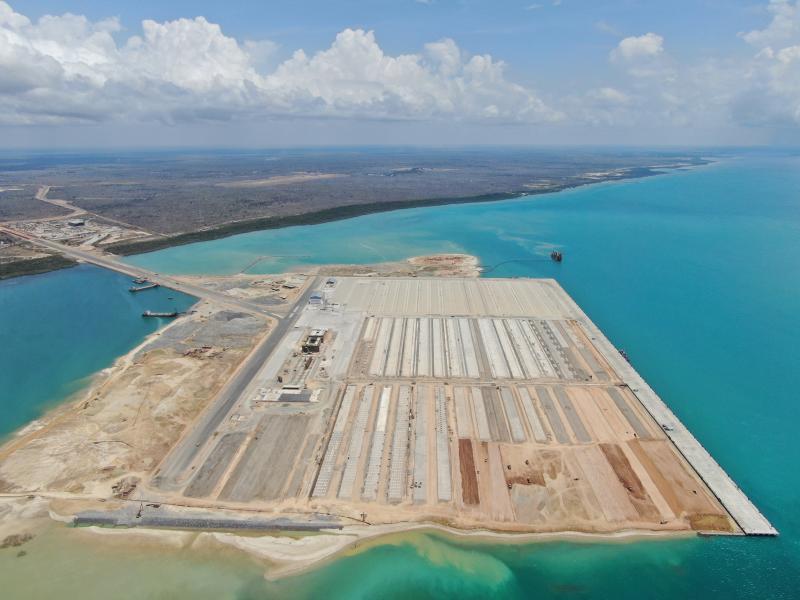×
The Standard e-Paper
Fearless, Trusted News

Lamu Port is set to start operations this month. This will be a major boost for Lamu Port South Sudan Ethiopia Transport (Lapsset) corridor, which is now taking shape after years of anticipation.
The country’s second commercial port is set to receive its first ship in the course of this month, a milestone for the corridor, which has ambitions of being a key gateway for eastern and central Africa.